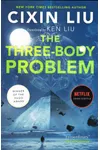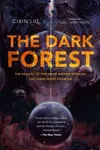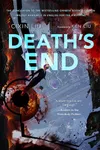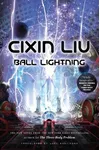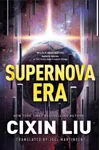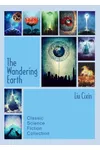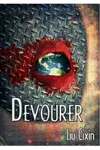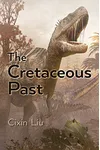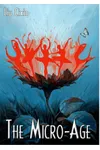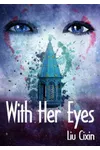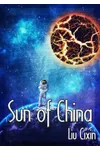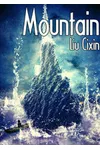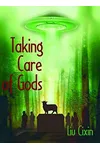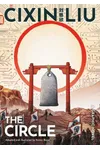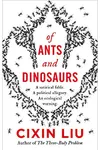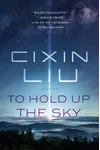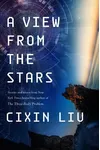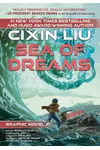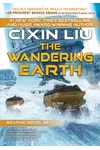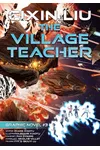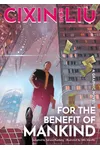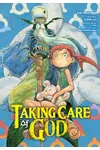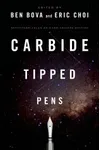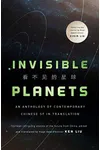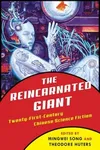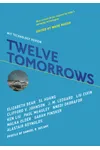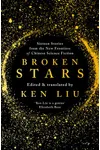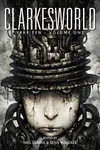Picture a Chinese storyteller who turned cosmic mysteries into gripping tales—meet Liu Cixin! Born in 1963, this former computer engineer became a global sci-fi sensation with his Hugo Award-winning novel, The Three-Body Problem. His stories weave mind-bending science with humanity’s biggest questions, inviting readers to ponder our place in an infinite universe.
Liu’s work, steeped in his unique theory of ‘Cosmic Sociology,’ explores how civilizations navigate a vast, often indifferent cosmos. With a knack for blending hard science and philosophical depth, he’s redefined sci-fi for a global audience. Ready to dive into his extraordinary journey?
The Making of Liu Cixin
Born in Yangquan, Shanxi, Liu Cixin grew up during China’s Cultural Revolution, a turbulent time that shaped his worldview. His family’s relocation to a coal-mining region exposed him to both hardship and wonder—stargazing under clear rural skies sparked his fascination with the cosmos. After studying computer engineering, Liu worked at a power plant, quietly crafting stories in his spare time. His early works, published in Chinese sci-fi magazines, hinted at the grand visions to come.
Influenced by Western sci-fi giants like Arthur C. Clarke and Chinese philosophical traditions, Liu developed a style that merges technical precision with existential curiosity. His transition from engineer to author wasn’t flashy—he simply wrote what fascinated him, trusting his ideas would resonate.
Liu Cixin’s Unforgettable Stories
Liu’s breakthrough came with The Three-Body Problem (2008), the first book in his Remembrance of Earth’s Past trilogy. This novel, blending quantum physics, alien contact, and human survival, earned the 2015 Hugo Award, a historic win for an Asian author. It follows humanity’s response to a distant civilization’s signal, unraveling a chilling cosmic game of survival.
The trilogy’s sequels, The Dark Forest and Death’s End, expand the scope, introducing concepts like the ‘Dark Forest Hypothesis,’ where civilizations hide to avoid annihilation. Liu’s standalone works, like Ball Lightning, explore quirky scientific mysteries, while his short stories, such as ‘The Wandering Earth,’ inspired a blockbuster film. His style—cerebral yet accessible—grounds wild ideas in human emotions, making the universe feel both awe-inspiring and terrifying.
What sets Liu apart is his ‘Cosmic Sociology,’ a framework imagining how interstellar societies interact. His narratives challenge readers to confront humanity’s fragility and resilience, often leaving us questioning our assumptions about progress and survival.
Why Liu Cixin Matters
Liu Cixin has elevated Chinese sci-fi onto the world stage, bridging cultural gaps with universal themes. His Hugo win marked a turning point, proving non-Western voices could dominate a historically Western genre. Fans and critics alike praise his ability to make complex science relatable, inspiring a new generation of writers and thinkers.
Beyond awards, Liu’s stories resonate because they tackle timeless questions: Are we alone? Can humanity unite in crisis? His work has fueled global discussions, adaptations like Netflix’s 3 Body Problem, and even scientific debates about extraterrestrial life. Liu’s legacy is a universe where curiosity reigns supreme.
About Liu Cixin
- Born: June 23, 1963, in Yangquan, Shanxi, China
- Key Works: The Three-Body Problem, The Dark Forest, Death’s End, Ball Lightning
- Awards: 2015 Hugo Award, 2018 Arthur C. Clarke Award for Imagination in Service to Society
- Fun Fact: His short story The Wandering Earth inspired a 2019 Chinese blockbuster film
Snag The Three-Body Problem and dive into Liu Cixin’s thrilling sci-fi universe! You’ll never look at the stars the same way again.
